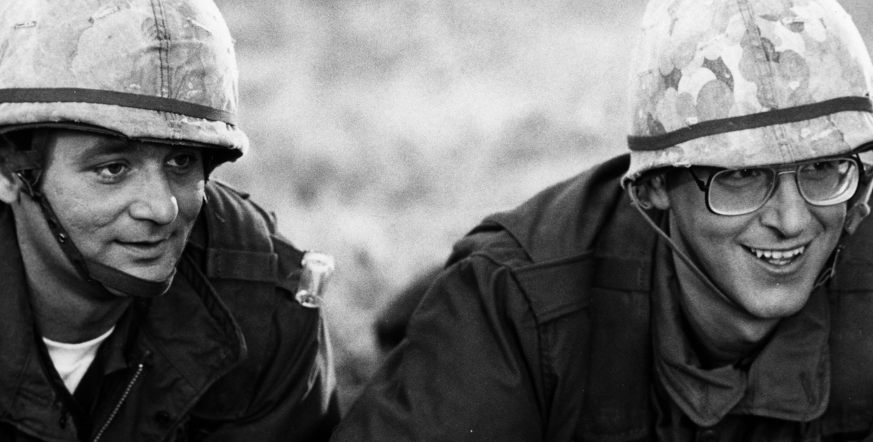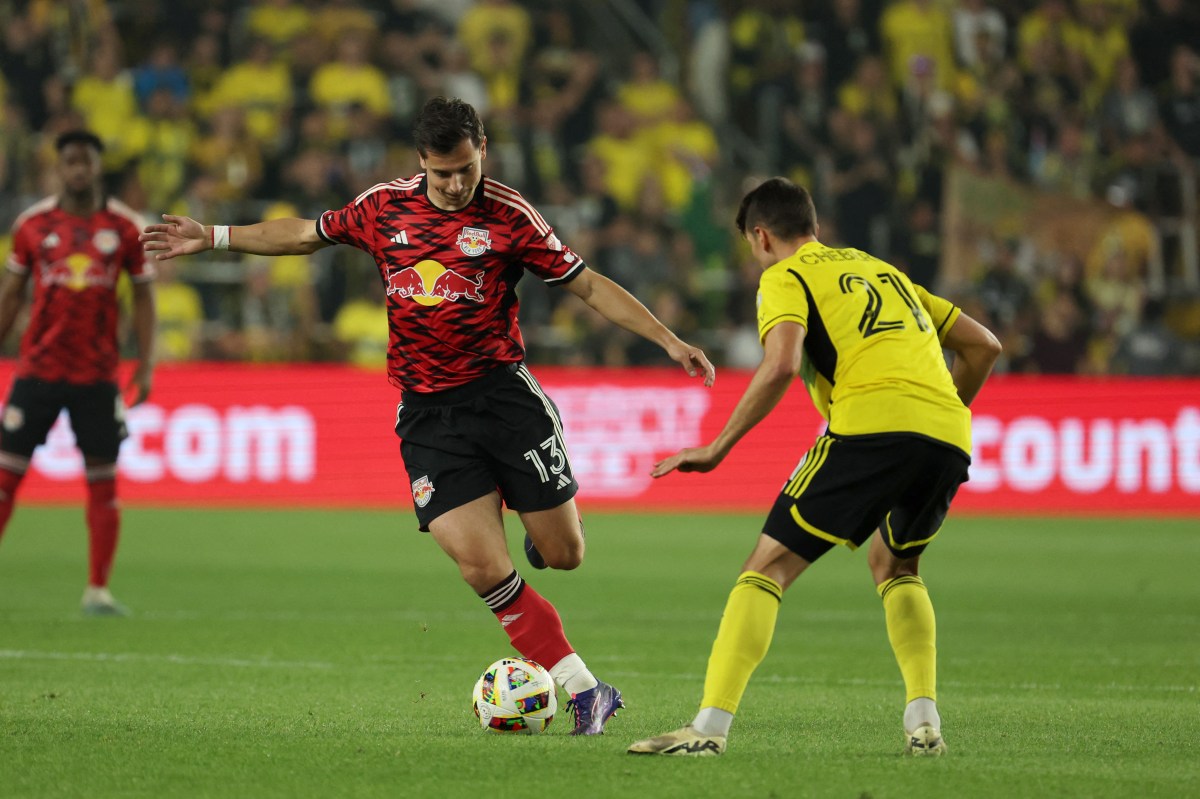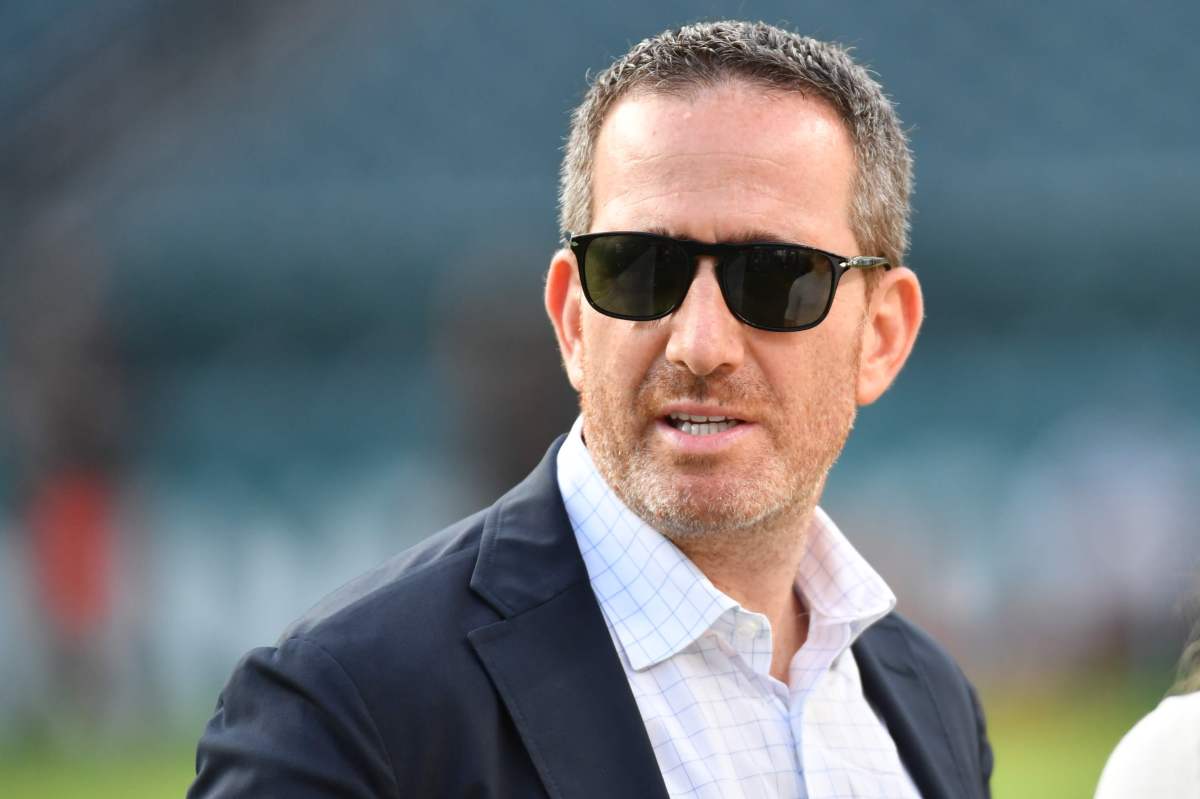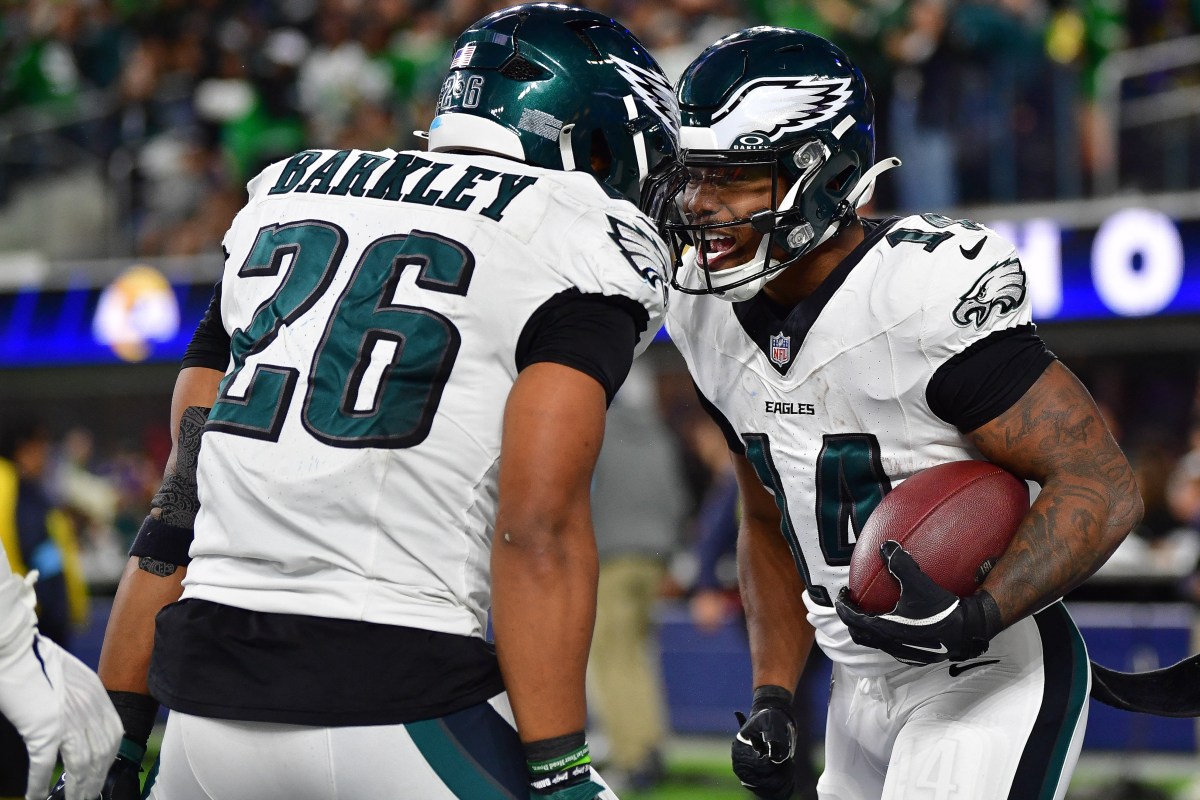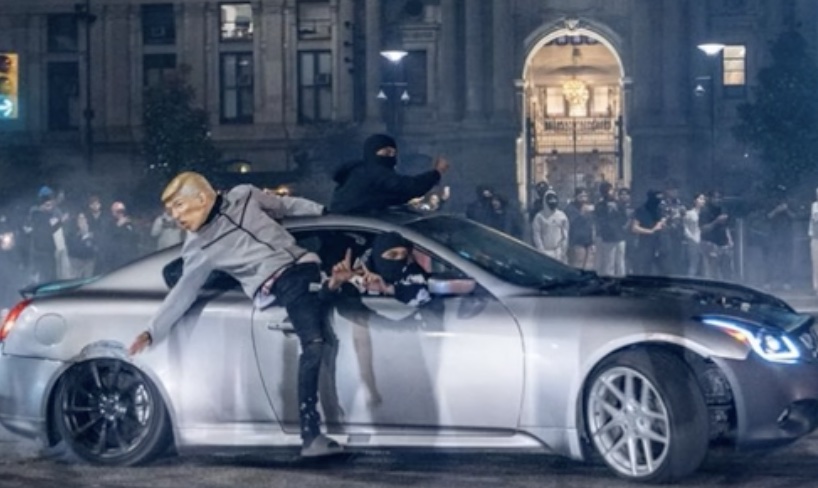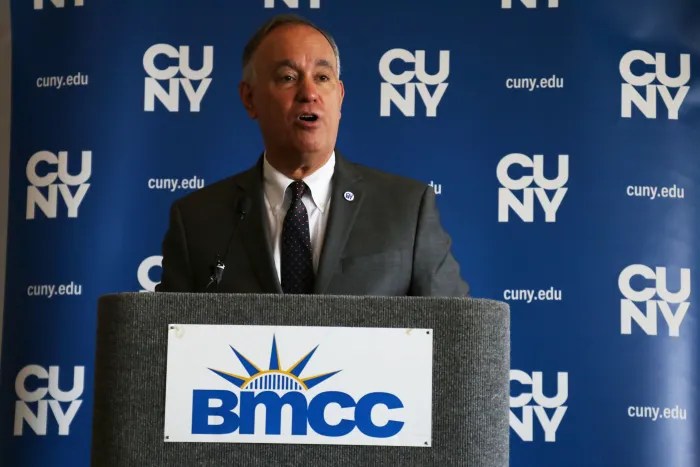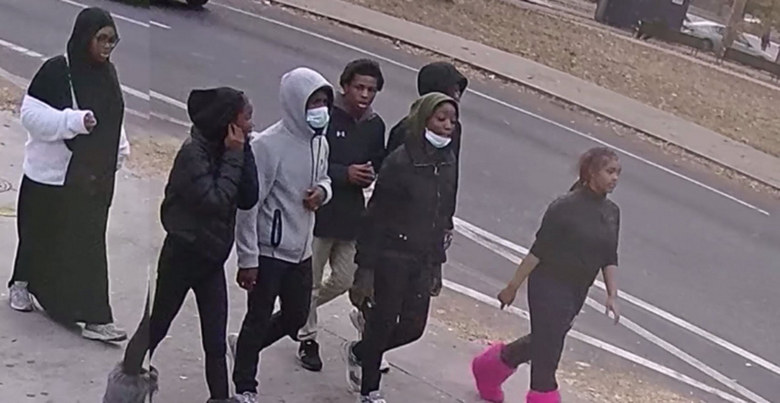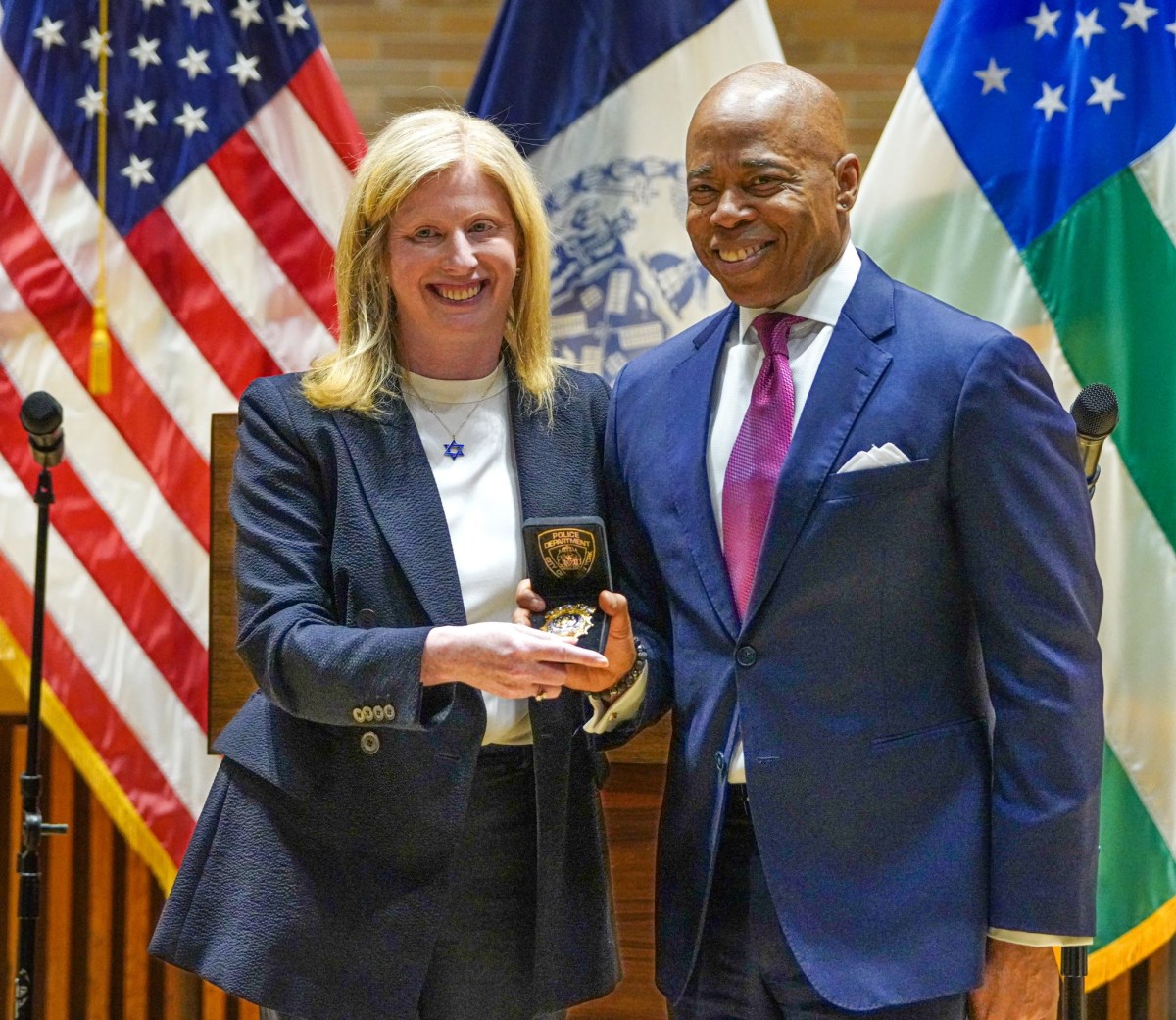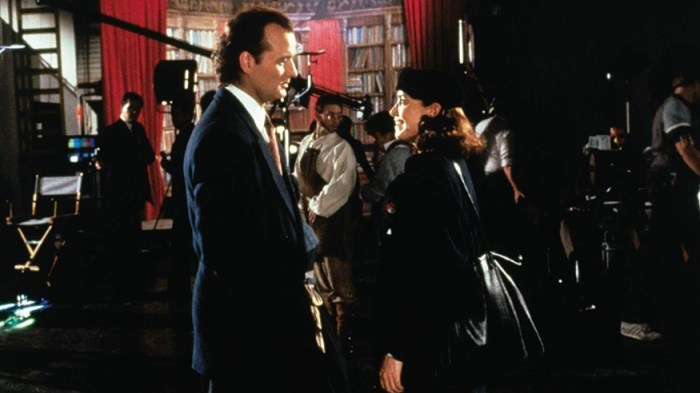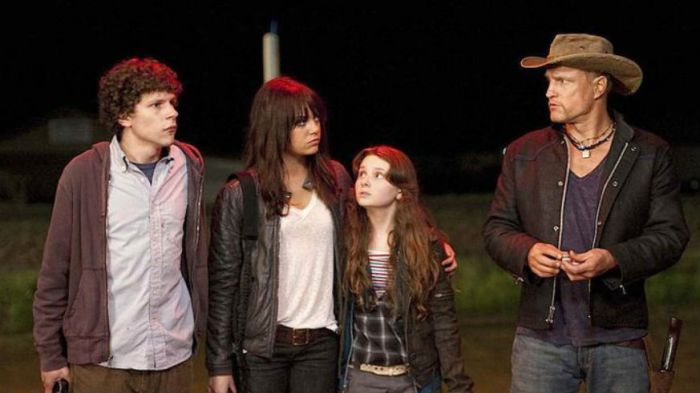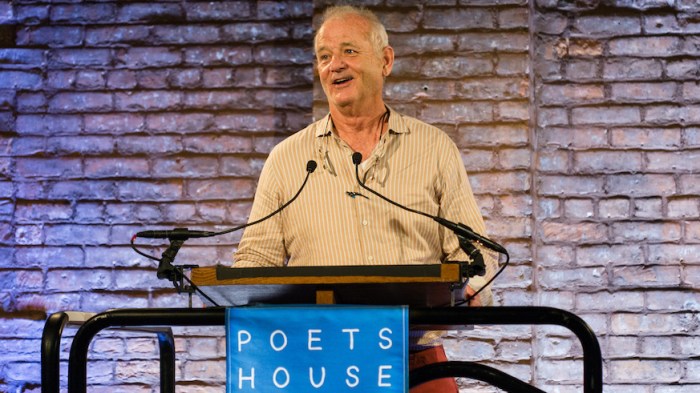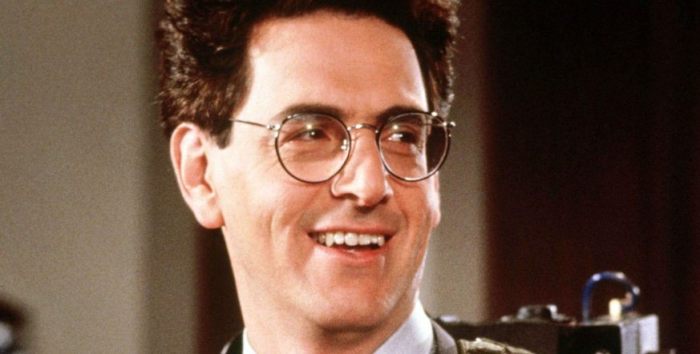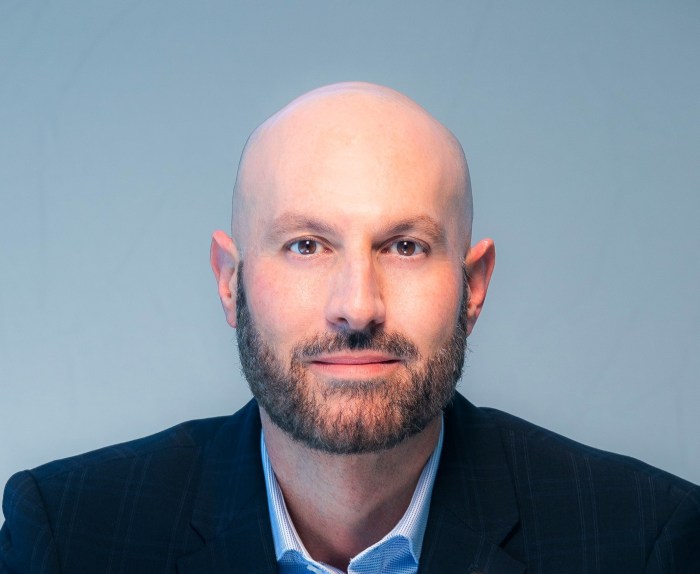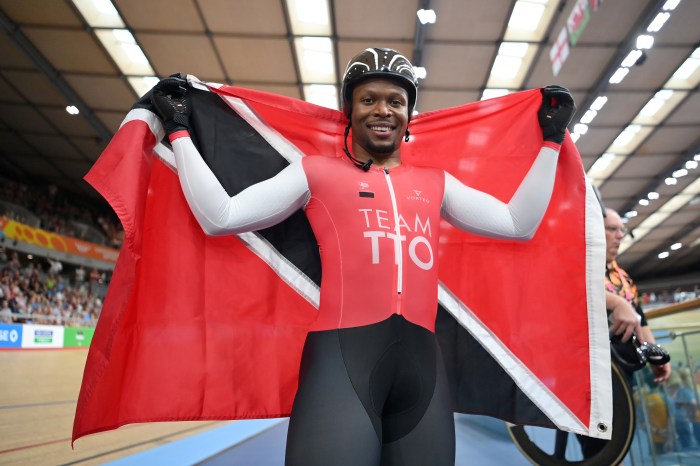It has been well documented that Bill Murray and Harold Ramis’ friendship imploded during the making of Groundhog Day.
While the real reasons for the end of their relationship are still shrouded in mystery, the passing of Ramis back in February, 2014, and the fact that the duo were able to at least reconcile before he died, means that it is time for us all to let bygones be bygones and focus on what made the duo so successful together.
Because, lest we forget, Bill Murray and Harold Ramis worked on some of the funniest and most beloved comedies of the last 40 years, such as “Meatballs,” “Caddyshack,” “Stripes,” “Ghostbusters,” “Ghostbusters II” and “Groundhog Day.”
I recently had the chance to speak to Violet Ramis about her book “Ghostbuster’s Daughter,” which focuses on the life and career of her father Harold, during which time I asked what made the pair such a potent comedic team.
Violet couldn’t hep but throw a slight dig Bill’s way at first, as she responded, “That’s a great question. I wish you could ask Bill.” But she then quickly went into more detail.
“I think my dad was a very balanced person. He was someone people could trust, and they knew he wouldn’t exploit them. He wanted everyone to feel comfortable and happy and Bill really appreciated that.”
“When you are talented in that way people are always trying to pull you and push you to the extremes. And my dad was not that person.”
I then asked Violet just how present Bill, who is her godfather, has been in her life. “When I was much younger he was around a lot. My dad was also really close to his older brother Brian, they’d been on SCTV. They’d see each other often.”
“My childhood was really magical in that way because I’d be surrounded by these really smart, creative, funny interesting people around all the time. Later as everyone got busy and older it was more centered around the movie sets. But when we were younger it was very free-flowing.”

